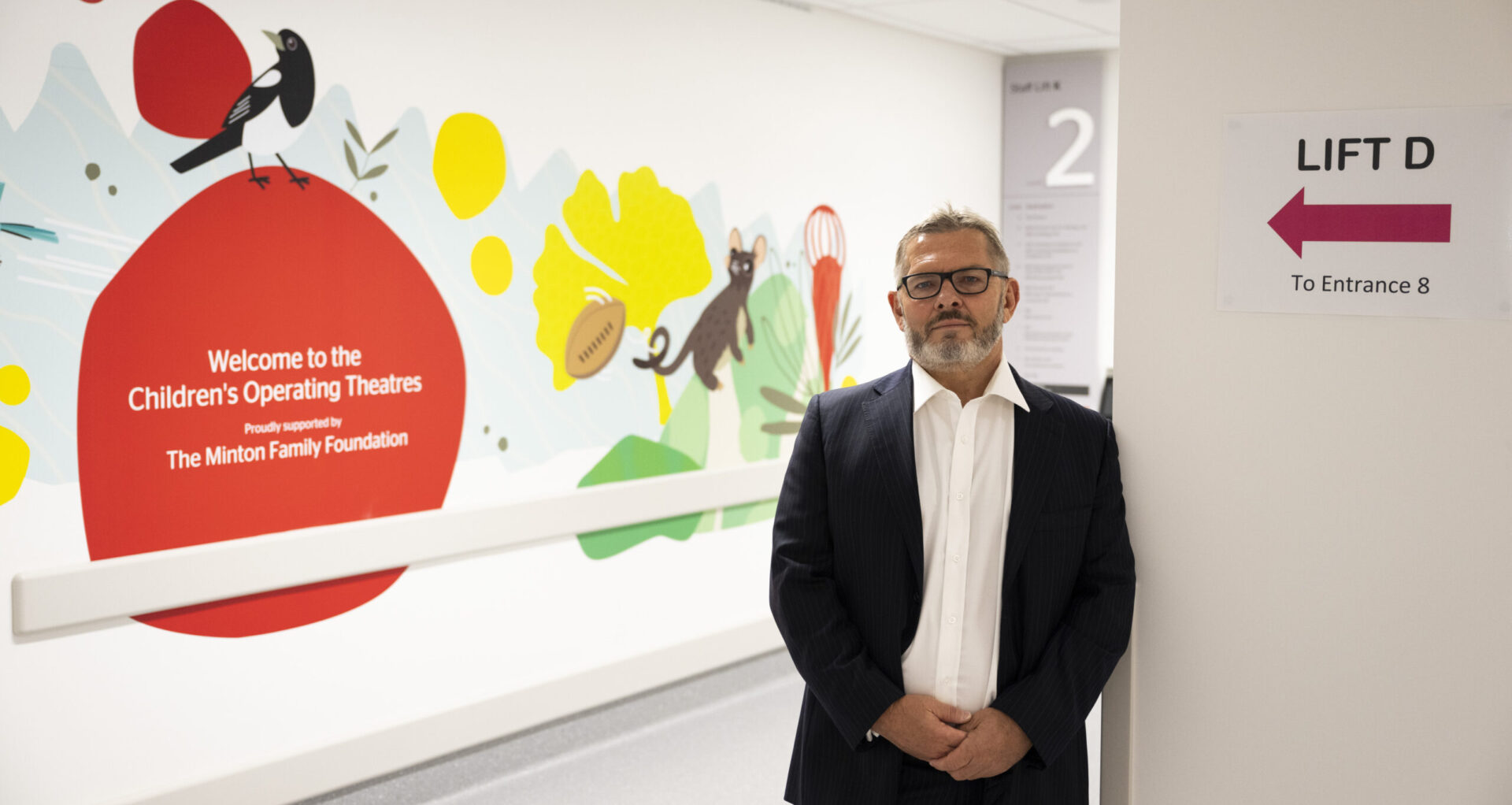
Some years after graduating from IMD in 1990 with his MBA, Greg Minton reimbursed his father, who had re-mortgaged his home to send him to Lausanne, with a sum that was five times the amount of the original fees.
“I said to him: ‘There you go – you’re a bit of a gambling man. Here’s your return’.”
Greg’s life and career have featured both huge achievements and formidable challenges. He grew up in Gladstone, a small town in Queensland, Australia’s north-eastern state, in a family of modest means, and was awarded a scholarship to Queensland University to study engineering. After graduating, while working as an engineer, he was a part-time professional rugby league player, spending a few seasons in the late 1980s with the Souths Magpies, a top-level club in Brisbane.
Always ambitious, he studied for an economics degree part time, before taking the bold decision to apply for a top business school to do an MBA. He chose IMEDE because of the intensity of the program, the problem-solving and pragmatic philosophy, and the diversity of the class. Between his application being accepted and the course beginning, the merger was completed, so he was a member of the first MBA cohort at the merged IMD.
Then as now, the study featured intense groupwork, an approach that came naturally to a sportsman. In addition, two priceless lessons from competitive sport apply equally to business management, he has found:
“The harder I worked, the luckier I got. And the second law which I applied to my business career … was that when you get knocked down, you’ve got to get straight back up. And I applied those two rules from my sporting career across my business career. Every time.”
Success in any human endeavor depends upon both skills and personal strength, and there is a line of causality that may work both ways between achievement and confidence. He says: “I need to ensure that I’ve done everything I can to get the skills right, but I need to also keep the organization moving forward.”
Sometimes, “if you can’t change the people, you have to change the people” – that is, if the improvement in skills and performance is beyond an individual, they have to be managed out.
A key discipline, essential for personal resilience, is the ability to acknowledge mistakes, a situation sometimes more accurately described as decisions that did not work out. A wrong decision only becomes a bad decision if you fail to acknowledge it as such, he says.
He gives enormous credit to his formative years at IMD. Prior to the course, he had experience of project management, but the grounding in finance and strategy opened up the opportunity to work at McKinsey, which in turn enabled him to succeed in private equity.
The record in 15 years as managing partner and chairman at Archer Capital was formidable, reaching AS$ 3.5 billion funds under management by 2015, and a 34% compound annual return.
Yet at the pinnacle of his career, in his mid-50s as a successful executive and private equity entrepreneur, he was struck a potentially devastating blow. He discovered that he had five brain tumors, had to have multiple operations and retire from Archer Capital. Linked to this is the condition of epilepsy. Despite this, he retains extraordinary mental willpower and physical fitness – for example, swimming over 11 kilometers on Remembrance Day in 2021.
In his new career he is a highly sought-after and motivational mentor, to business executives, and also to young sportspeople facing retirement from competition and looking to begin a new career. His qualification as mentor rests heavily on life experience – his highly visible sporting and executive achievements, in addition to the personal resilience in recovering from serious illness.
In spite of his health problems, much of his focus is external, and helping others. Philanthropy is something he views as a duty, and he is conscious that he was a beneficiary of a scholarship when young, that set himself up for a successful career:
“I think charity is not the privilege of the wealthy, it’s the obligation of the wealthy.”
He now funds three scholarships per year for Queensland University, and has generously donated to the newly built Children’s Hospital at Westmead – it was at Sydney’s Westmead Hospital that he received neurosurgery. Greg has been knocked down several times in his eventful life and career. He has got back up each time – and helped others to do so, too.


